1900
Labour Party founded; Russia annexes Manchuria
Labour Party founded; Russia annexes Manchuria
Sigmund Freud publishes the Interpretation of Dreams, inaugurating his theory of dream analysis; Pablo Picasso begins his career; the Paris Metro opens, with art nouveau entrances designed by Hector Guimard
Death of Oscar Wilde
Lord Jim
John Ruskin dies from influenza
Death of Queen Victoria, succession of Edward VII
Death of Henri de Toulouse-Lautrec
Rudyard Kipling, Kim
Joseph Conrad, The Inheritors (with Ford Madox Ford)
George Gissing, By the Ionian Sea; Our Friend the Charlatan. Due to continuing ill health Gissing stays at Dr. Jane Walker's sanatorium in Suffolk for a month
Thomas Hardy, Poems of the Past and Present
James, Henry The Sacred Fount
The Boer War ends
Joseph Conrad publishes Youth, a Narrative and Two Other Stories, which contains 'Heart of Darkness'
George Gissing's wife Edith is committed to an insane asylum
Henry James, The Wings of the Dove
Henry Ford founds the Ford Motor Company
Claude Debussy begins composing La Mer
Joseph Conrad, Romance (with Ford Madox Ford); Typhoon and Other Stories
George Gissing, The Private Papers of Henry Ryecroft. Gissing dies and his historical novel, Veranilda is published posthumously
Henry James, The Ambassadors
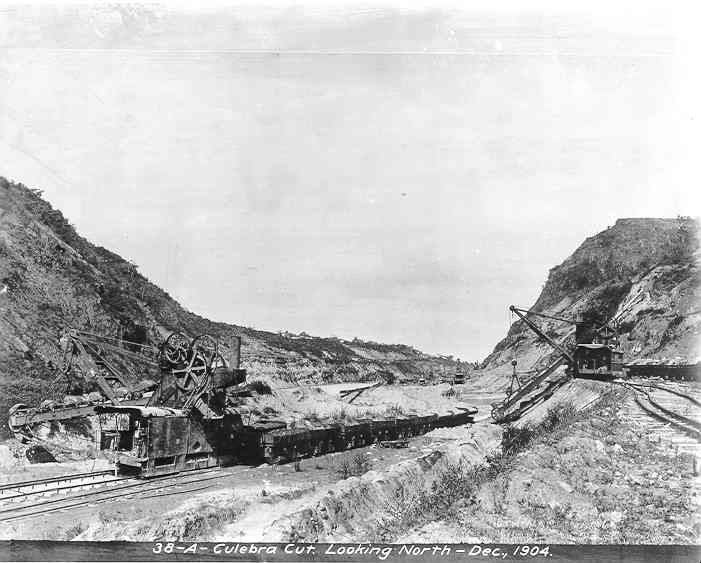
Work begins on the Panama Canal
The first meeting of the Bloomsbury group of writers and artists takes place in London
Joseph Conrad, Nostromo
Thomas Hardy, The Dynasts, Part 1
Henry James, The Golden Bowl
Einstein's special relativity theory; Russian Revolution
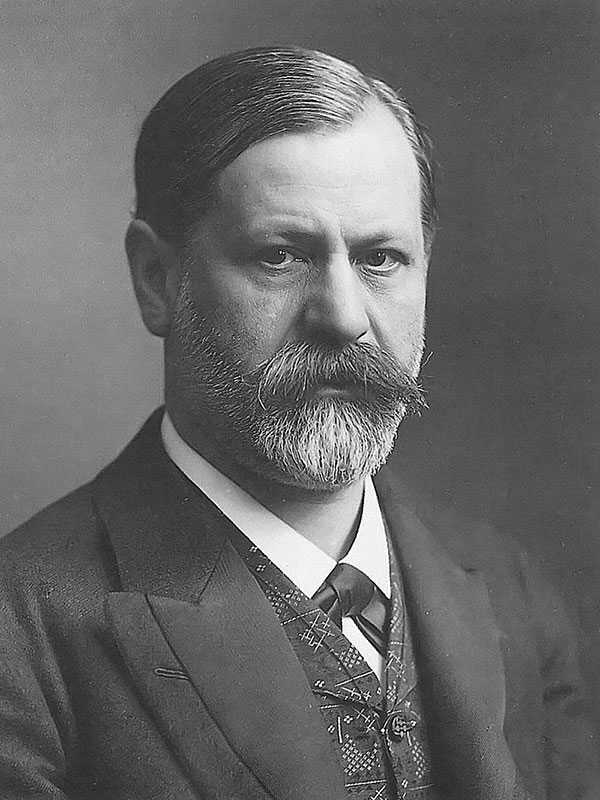
Sigmund Freud, Three Essays on the Theory of Sexuality; le Fauves appear at the Salon d'Automne in Paris, marking the advent of Modernism in art
Edith Wharton, The House of Mirth; Oscar Wilde's letter to Bosie from Reading Gaol, De Profundis, is published
Will Warburton
Henry James' travel book English Hours. James visits the US and gives lectures
Joseph Conrad, The Mirror of the Sea
Thomas Hardy, The Dynasts, Part 2
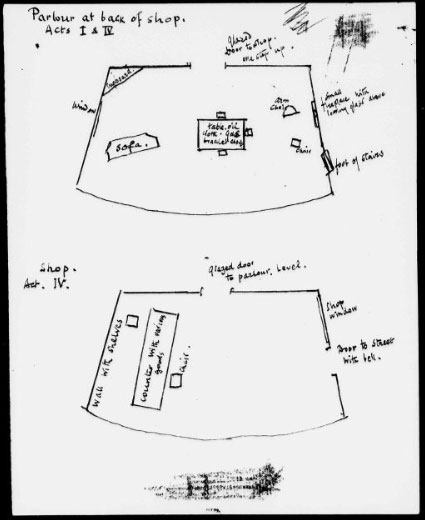
Joseph Conrad, The Secret Agent
Henry James' travel book, The American Scene
Model "T" Ford produced
Picasso and Georges Braque invent the revolutionary art movement Cubism
Thomas Hardy, The Dynasts, Part 3
Henry James' travel book Italian Hours
George V is crowned
Stravinsky completes The Firebird
E. M. Forster, Howards End; HG Wells, The History of Mr Polly
Joseph Conrad, The Secret Sharer
Thomas Hardy receives the Order of Merit
Revolution in China ends the Qing dynasty; Norwegian explorer Roald Amundsen is the first to reach the South Pole.
Wassily Kandinsky founds the "Blue Rider" expressionist group in Munich; Irving Berlin's song "Alexander's Ragtime Band" popularizes ragtime for mass audiences
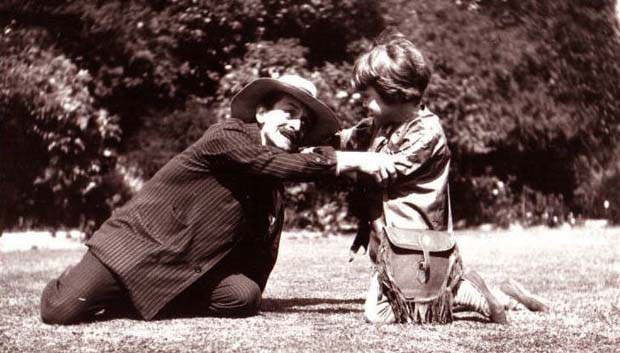
JM Barrie, Peter Pan and Wendy; G. K. Chesterton, The Innocence of Father Brown; Thomas Mann, Death in Venice
Joseph Conrad, Under Western Eyes
Henry James' last completed novel is The Outcry
The sinking of the Titanic, Scott reaches the South Pole
Edith Wharton, Ethan Frome
Thomas Hardy's wife Emma dies
New York City's Woolworth Building is designed; The ballet Rites of Spring premieres in Paris accompanied by Stravinsky's score; the Armory Show in New York introduces cubism to the United States and Marcel Duchamp causes a scandal with his work 'Fountain'
D. H. Lawrence, Sons and Lovers; first volume of Marcel Proust's, À la Recherche de Temps Perdu
Joseph Conrad, Chance
Start of the First World War
George Bernard Shaw, Pygmalion; Franz Kafka, The Trial
Thomas Hardy marries Florence Emily Dugdale, forty years his junior, whom he had met in 1905
German military leaders pioneer the use of poison gas at the Battle of Ypres
T. S. Eliot, The Love Song of J. Alfred Prufrock; Ford Madox Ford, The Good Soldier; Franz Kafka, Metamorphosis
Joseph Conrad, Victory
Henry James becomes a British subject and helps with war relief. He has a stroke which is followed by respiratory complications
Easter Rising in Dublin
Henry James is awarded the Order of Merit. He dies on 28 February
The First World War produces serious food shortages in Europe leading to rationing; The US declares war on Germany
Henry James' unfinished works The Ivory Tower; The Sense of the Past and The Middle Years are published posthumously
The First World War ends; the franchise is extended to women over 30 in the UK
The US Senate refuses to ratify the Treaty of Versailles
Jazz music becomes popular in Chicago
Prohibition comes into effect in the US; The League of Nations meets for its first General Assembly in Geneva.
In Europe the Surrealist art and film movement begins
F. Scott Fitzgerald, This Side of Paradise; May Sinclair, Life and Death of Harriett Frean; Edith Wharton, The Age of Innocence
Joseph Conrad, The Rescue
Irish Free State established
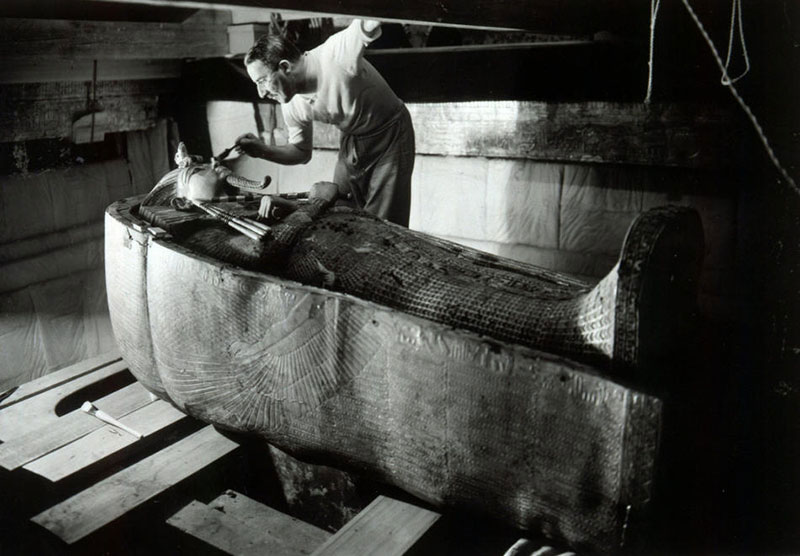
Tutankhamen's tomb uncovered
TS Eliot, The Waste Land
The USSR is established, headed by Lenin
Hollywood releases Buster Keaton's silent feature-length film Our Hospitality
Sean O'Casey, The Shadow of a Gunman
Joseph Conrad, The Rover
E. M. Forster, A Passage to India
Joseph Conrad declines the offer of a non-hereditary British knighthood. On 3 August he dies of a heart attack
F. Scott Fitzgerald, The Great Gatsby; Virginia Woolf, Mrs Dalloway
Ernest Hemingway, The Sun Also Rises
The Jazz Singer is the first successful talking motion picture; Louis B Mayer founds the Academy of Motion Picture Arts and Sciences; television is demonstrated for the first time; the first transatlantic telephone calls are available to the public
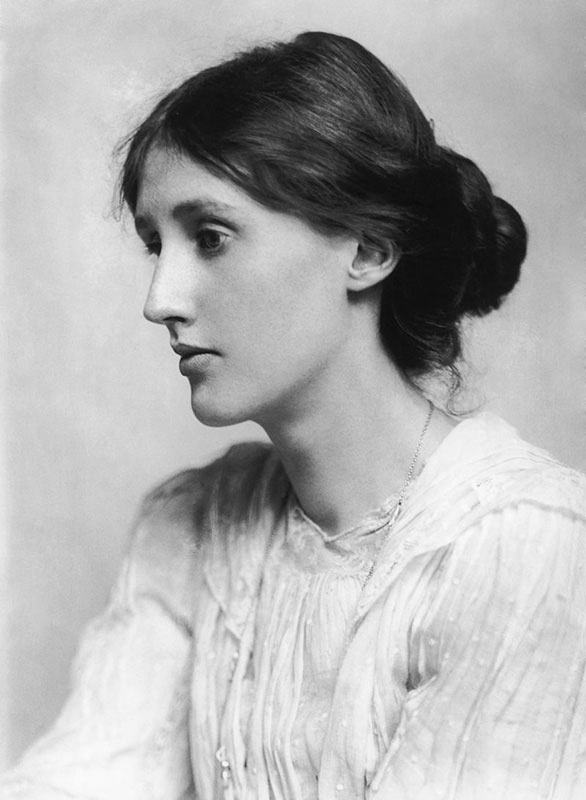
Virginia Woolf, To the Lighthouse
Thomas Hardy falls ill with pleurisy in December
Universal suffrage for all adults in the UK
D. H. Lawrence writes Lady Chatterley's Lover
Thomas Hardy dies at Max Gate
The Great Depression begins with a stock market crash in the US
William Faulkner, The Sound and the Fury